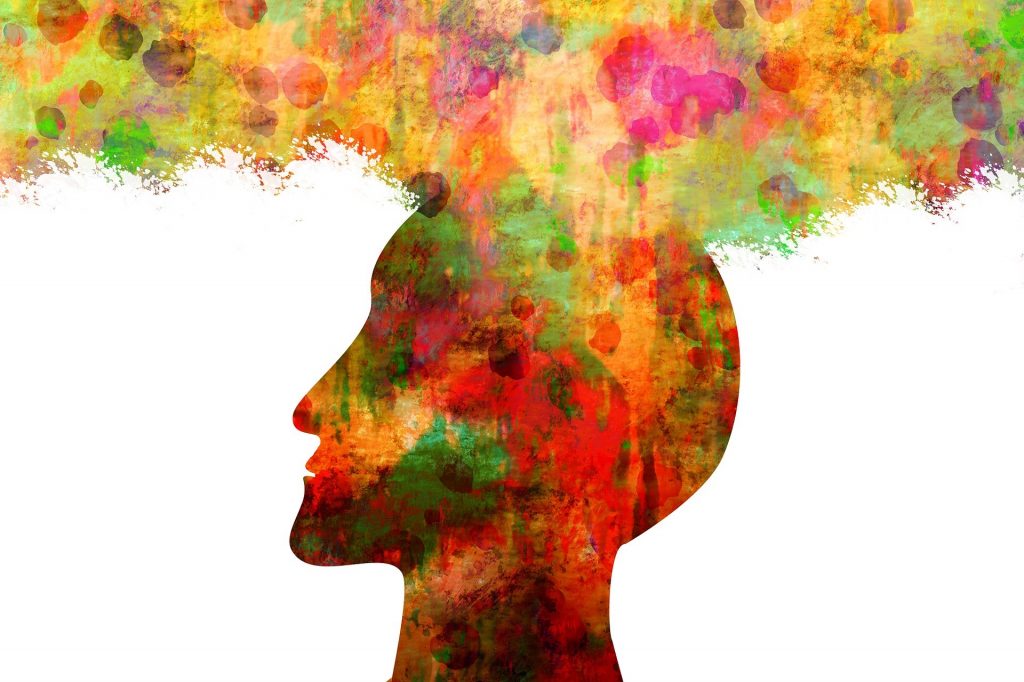I am in my happy space. For me, right now, life could not be better. I feel safe, secure, and utterly delighted. Then it happens. I can’t find the words in conversation.
I become aware of the missing words when trying to put some sentences together. It is so frustrating. I cannot complete my sentences; I cannot complete the story. I have it conceptualized, and then the fog cloud settles. I lose the picture; I lose the account. I feel blank, stupid, and incompetent.
Sometimes it is an instant onset. Sometimes it lingers and sets in over some time. The brain fog is a symptom of something else. One of the long-term Covid symptoms may be brain fog. More and more people are reporting a decline in the sharpness of their brains.
Brain fog is more common than you think.
Brain fog is a widespread condition that has grown exponentially over the past two decades, especially in the past two years, as a lingering long-term Covid symptom.
We live in a rapid-paced world. The digital revolution, our accelerated consumption of technology and the inevitable information overload challenges our uptake and download speed in our brain.
Many people may have experienced the symptoms of brain fog pre-Covid and have begun to operate and conduct their daily lives consistently under-performing and experiencing the world around them through the equivalent of dark glasses.
It has become the norm.
Stress has become the norm.
My personal experience of the denseness of the fog is directly related to the amount of stress linked to a lack of coping mechanisms for specific tasks.
Currently, I am not living in a stressful environment, yet the fog has become dense. Why is that so?
Change in environment challenges the brain.
New information challenges the brain.
New experiences challenge the brain.
I have become acutely aware of how the fog sets in denser and when it lifts. I follow the waves and move between them.
Resisting the brain fog only increases its denseness. So the key is to relax and acknowledge its existence and do as much as can be done. Doing tasks that are easy and known helps the brain to feel connected. The fog opens up.
Acknowledge the opening and lifting of the fog with gratitude. Acknowledge the denseness of the brain fog with awareness and let it be.
Managing the fog as an element to be included may allow a compassionate understanding that life still has meaning and needs to be handled differently.
- Help your brain remember.
- Ask for help.
- Create 5-10 minute quiet space practice to lift the overwhelming during the day.
Brain fog is not inevitable and can be reversed.

